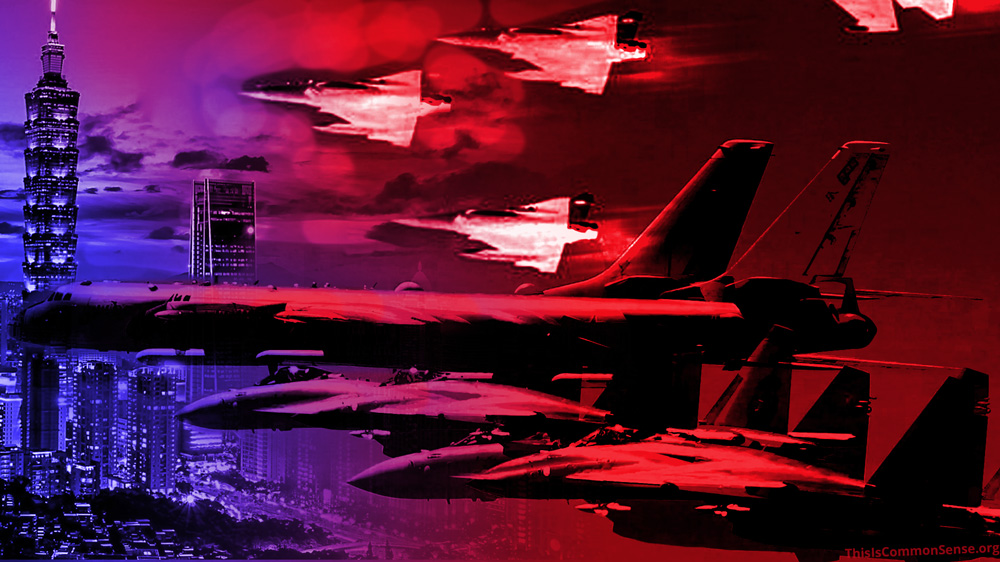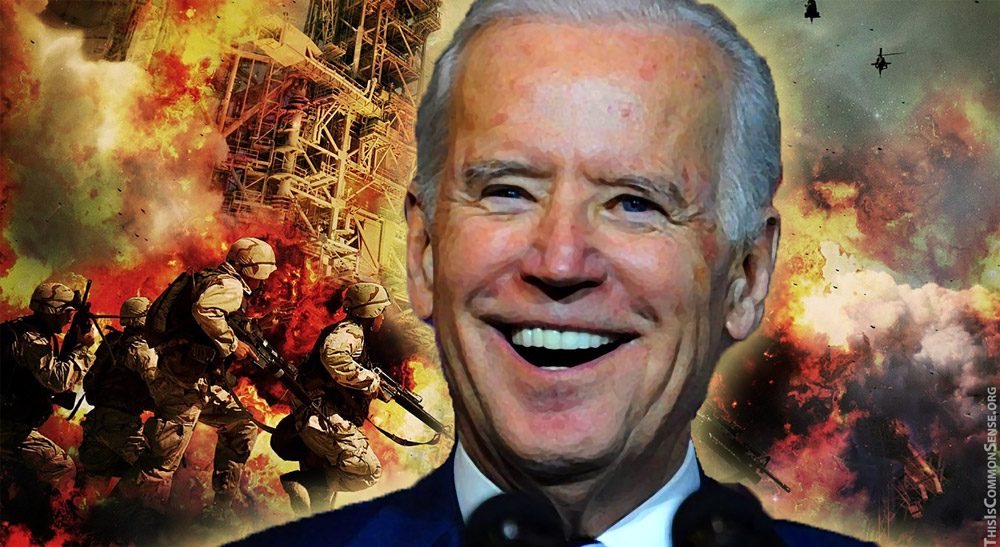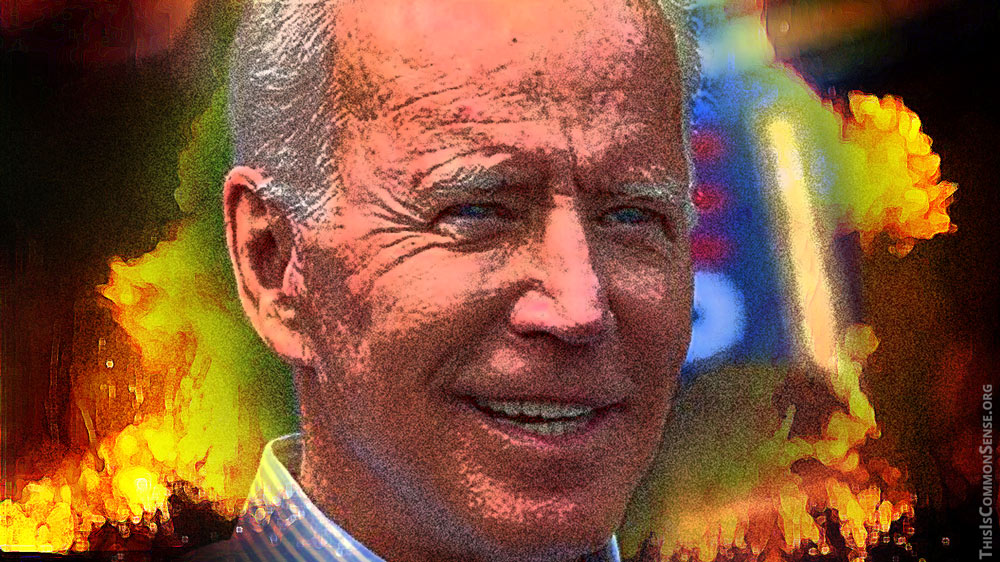With Joe Biden now in the White House, will the U.S. continue former President Trump’s hardline toward China?
Especially regarding Taiwan, regularly threatened with invasion by Chinese leader Xi Jinping.
Or will President Joe Biden — dubbed “Beijing Biden” by some Trump supporters during the campaign — return to the softer approach of previous administrations toward the Chinazis?*
Mr. Trump “approved weapons sales to Taiwan totaling more than $15 billion,” reported The Washington Post last October, “including coveted F-16 jets that frustrated Taiwanese hawks say Presidents Barack Obama and George W. Bush withheld.”
In that same article, a Taiwanese foreign policy scholar voiced alarm that Biden’s advisors, including Antony Blinken, now Biden’s pick to be Secretary of State, “still view Taiwan as a problem that needs to be handled within the greater U.S.-China relationship. . . . The lack of deeper understanding on the issue of Taiwan . . . is something that causes a lot of concern here.”
When then-Secretary of State Mike Pompeo announced the removal of all “self-imposed restrictions” on contact between the U.S. and Taiwanese governments, weeks ago, a Washington Post headline declared: “Trump upsets decades of U.S. policy on Taiwan, leaving thorny questions for Biden.”
Perhaps not so prickly, however: Taiwan’s representative to the U.S. was soon invited to Biden’s inauguration . . . the first official invitation since the 1979 severing of diplomatic ties.
Not only that, “President Trump was right in taking a tougher approach to China,” Secretary of State nominee Blinken told The Epoch Times.
“Nuclear-capable Chinese bombers and fighter jets,” Reuters informed on Saturday, “entered the southwestern corner of Taiwan’s air defence identification zone.”
Unified, bi-partisan opposition to the genocidal ‘Butchers of Beijing’ remains more critical than ever.
This is Common Sense. I’m Paul Jacob.
* The term “Chinazi” springs from 2019 Hong Kong protesters. It seems the most accurate label for the totalitarian state inflicted on the Chinese people for the last 70 years by the Chinese Communist Party, especially in more recent times.
—
See all recent commentary
(simplified and organized)








